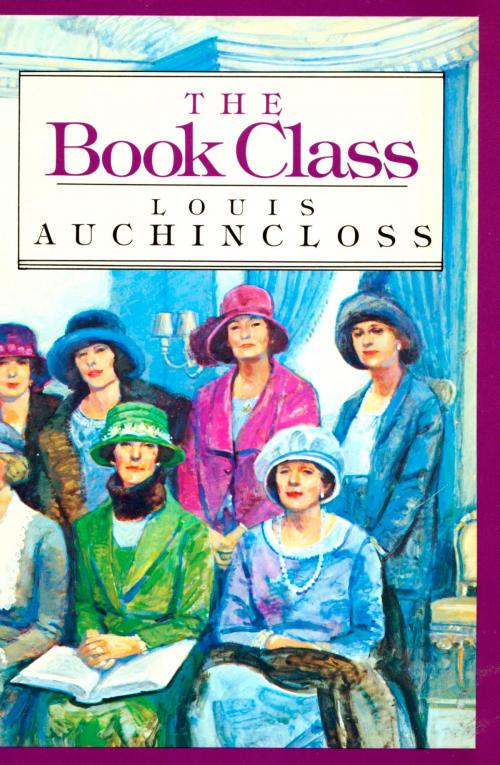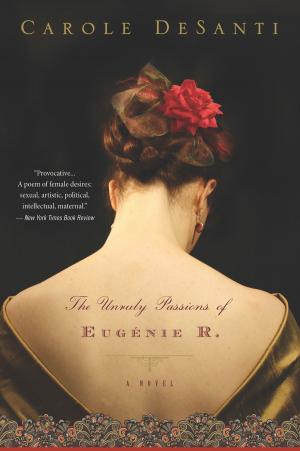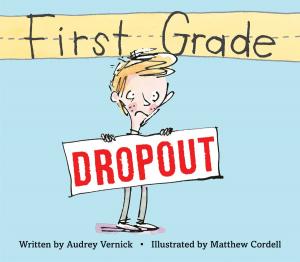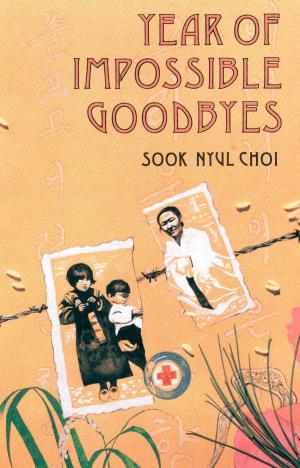| Author: | Louis Auchincloss | ISBN: | 9780547946986 |
| Publisher: | HMH Books | Publication: | August 1, 1984 |
| Imprint: | Houghton Mifflin Harcourt | Language: | English |
| Author: | Louis Auchincloss |
| ISBN: | 9780547946986 |
| Publisher: | HMH Books |
| Publication: | August 1, 1984 |
| Imprint: | Houghton Mifflin Harcourt |
| Language: | English |
A sparkling and profound consideration of women and power: the power of intellect, of money, of integrity, and of loyalty, love and self-respect.
“If I have a bias it is in my suspicion that women are intellectually and intuitively superior to men,” writes Christopher Gates, the elegant, sharp-tongued narrator of this book. “But,” he adds, “I certainly never thought they were ‘nicer.’ And I very much doubt that anyone could think so who was raised, as I was, in a society in which the female had so many more privileges than the male.” And so he begins to describe the twelve women who—as debutantes— instituted his mother’s “book class” in 1908 and with admirable tenacity met every month for over sixty years to discuss a selected title, old or new.
Certainly during their lifetimes these women did not have any real political or economic clout comparable to that of the men of their day. Only Adeline Bloodgood had ever held a regular job, and only Polly Travers, as a State Assemblywoman, ever played a formal role in politics. For Georgia Bristed, “the hostess had largely consumed the woman,” and Leila Lee was “a beauty in a day when simply being beautiful was considered an adequate occupation.”
And yet, although most of them were surrounded by a staff of servants and had no discernible responsibilities, these women still lived their lives with serious intent backed by a considerable and undeniable power that in no way derived from "the snares and lures of womanly wiles.” Within the protected discipline of their surroundings, their lives were filled with drama and challenge—moments of passion, of betrayal and loyalty, of sweet revenge and joyless conquest, of irony and illumination.
As the story unfolds, the women emerge as both heroines and victims; and in telling their story, Louis Auchincloss again proves himself a novelist of consummate skill whose sense of compassion and irony deepens with each new work.
Of his book Narcissa and Other Fables reviewers said: “Auchincloss is still one of our best writers of fiction . . .” “A master story teller . . .” “Auchincloss is at his elegant best here.”
A sparkling and profound consideration of women and power: the power of intellect, of money, of integrity, and of loyalty, love and self-respect.
“If I have a bias it is in my suspicion that women are intellectually and intuitively superior to men,” writes Christopher Gates, the elegant, sharp-tongued narrator of this book. “But,” he adds, “I certainly never thought they were ‘nicer.’ And I very much doubt that anyone could think so who was raised, as I was, in a society in which the female had so many more privileges than the male.” And so he begins to describe the twelve women who—as debutantes— instituted his mother’s “book class” in 1908 and with admirable tenacity met every month for over sixty years to discuss a selected title, old or new.
Certainly during their lifetimes these women did not have any real political or economic clout comparable to that of the men of their day. Only Adeline Bloodgood had ever held a regular job, and only Polly Travers, as a State Assemblywoman, ever played a formal role in politics. For Georgia Bristed, “the hostess had largely consumed the woman,” and Leila Lee was “a beauty in a day when simply being beautiful was considered an adequate occupation.”
And yet, although most of them were surrounded by a staff of servants and had no discernible responsibilities, these women still lived their lives with serious intent backed by a considerable and undeniable power that in no way derived from "the snares and lures of womanly wiles.” Within the protected discipline of their surroundings, their lives were filled with drama and challenge—moments of passion, of betrayal and loyalty, of sweet revenge and joyless conquest, of irony and illumination.
As the story unfolds, the women emerge as both heroines and victims; and in telling their story, Louis Auchincloss again proves himself a novelist of consummate skill whose sense of compassion and irony deepens with each new work.
Of his book Narcissa and Other Fables reviewers said: “Auchincloss is still one of our best writers of fiction . . .” “A master story teller . . .” “Auchincloss is at his elegant best here.”















